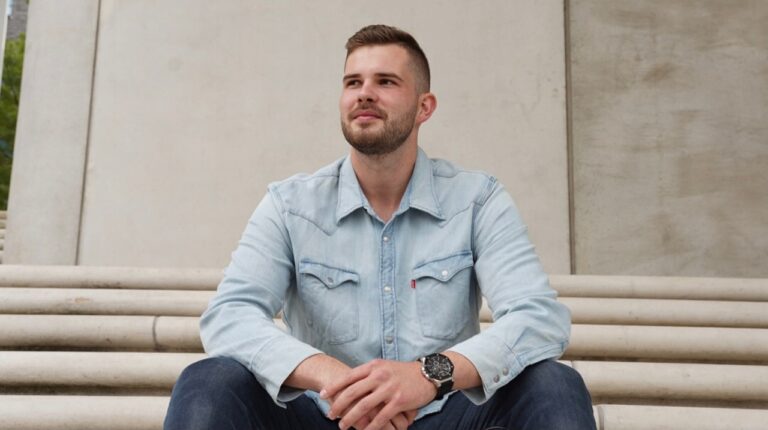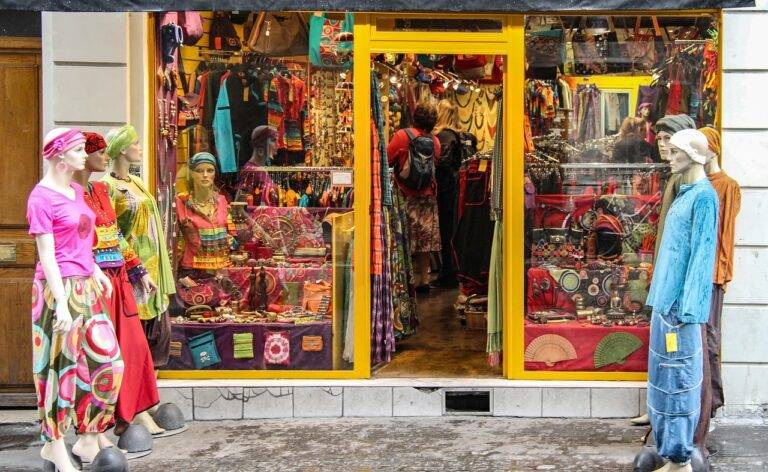The Influence of Fashion on Consumer Expectations: Betbook250.com, 11xplay, Yolo 247
betbook250.com, 11xplay, yolo 247: Fashion is a powerful force that shapes our everyday lives in many ways. From the clothes we wear to the products we buy, fashion plays a significant role in influencing our consumer expectations. In this article, we will explore the impact of fashion on consumer expectations and how it can shape our purchasing choices.
The Influence of Trends
One of the most significant ways that fashion influences consumer expectations is through trends. Trends are constantly evolving in the fashion industry, with new styles and looks emerging each season. As consumers, we are bombarded with images of the latest trends through social media, magazines, and advertisements. These images create a sense of desire and FOMO (fear of missing out) that can lead us to expect certain products or styles.
For example, if a particular celebrity is spotted wearing a specific brand of sneakers, it can create a massive demand for those shoes. Consumers want to emulate their favorite celebrities and influencers, leading them to have high expectations for those products. As a result, brands need to stay ahead of the curve and anticipate consumer trends to meet their expectations.
Quality and Durability
Fashion also influences consumer expectations regarding the quality and durability of products. Consumers expect fashion items to be well-made and long-lasting, especially if they are investing a significant amount of money in them. Brands that prioritize quality and craftsmanship are more likely to meet these expectations and build trust with consumers.
On the other hand, fast fashion brands that prioritize speed and low prices may not always meet consumer expectations in terms of quality. While fast fashion allows consumers to stay on-trend at an affordable price, the trade-off is often lower quality products that may not last as long. This can lead to disappointment and a distrust of certain brands.
The Role of Sustainability
In recent years, sustainability has become a significant factor in shaping consumer expectations in the fashion industry. As consumers become more aware of the environmental impact of their purchasing choices, they expect brands to prioritize sustainability and ethical practices. This includes using eco-friendly materials, reducing waste, and paying fair wages to workers.
Consumers are increasingly looking for brands that align with their values and make a positive impact on the world. Brands that fail to meet these expectations may face backlash from consumers and struggle to maintain their reputation. As a result, many brands are now incorporating sustainability into their business practices to meet consumer expectations and stay competitive.
Inclusivity and Diversity
Another way that fashion influences consumer expectations is through inclusivity and diversity. Consumers expect brands to be inclusive and represent a wide range of sizes, ethnicities, and body types in their marketing and product offerings. Brands that fail to prioritize inclusivity may face criticism and backlash from consumers who feel marginalized or excluded.
Consumers are demanding more diversity and representation in the fashion industry, leading brands to expand their product ranges and marketing strategies to be more inclusive. This shift has forced many brands to reevaluate their approach to diversity and make changes to meet consumer expectations.
The Rise of Influencers
Influencers have become a powerful force in shaping consumer expectations in the fashion industry. These social media personalities have massive followings and can influence the purchasing decisions of their followers. Consumers often look to influencers for style inspiration and product recommendations, leading them to have high expectations for the products they endorse.
Brands are increasingly partnering with influencers to reach their target audiences and leverage their influence. By collaborating with influencers, brands can tap into their loyal fan bases and reach a wider audience. However, brands must be careful to choose influencers who align with their values and resonate with their target consumers to meet their expectations.
FAQs
Q: How does fashion influence consumer expectations?
A: Fashion influences consumer expectations through trends, quality, sustainability, inclusivity, diversity, and influencer marketing. Consumers look to the fashion industry for inspiration and guidance on their purchasing choices, leading them to have high expectations for the products they buy.
Q: Why is sustainability important in the fashion industry?
A: Sustainability is essential in the fashion industry to reduce environmental impact, conserve resources, and promote ethical practices. Consumers are increasingly looking for sustainable fashion options that align with their values and make a positive impact on the world.
Q: How can brands meet consumer expectations in the fashion industry?
A: Brands can meet consumer expectations in the fashion industry by staying ahead of trends, prioritizing quality and durability, embracing sustainability, promoting inclusivity and diversity, and partnering with influencers. By understanding consumer preferences and values, brands can create products and experiences that resonate with their target audiences.







